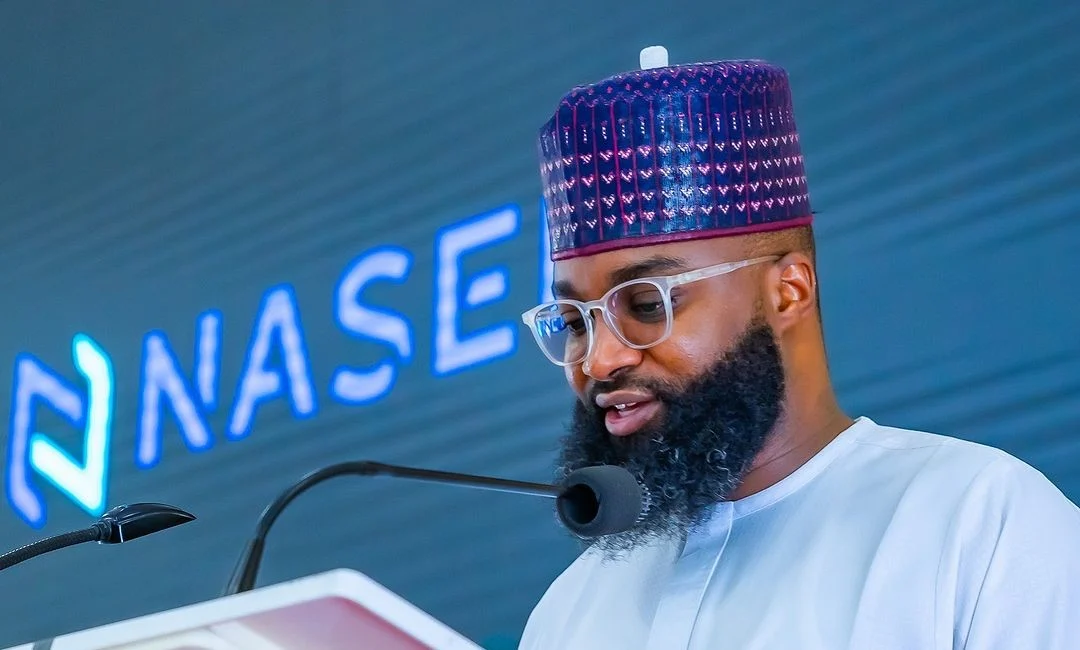Technology transfer is driving remarkable progress in Nigeria’s economic and industrial development under President Bola Tinubu’s leadership. The country has become a prime destination for global companies seeking innovation partnerships and manufacturing opportunities.
Mr. Khalil Halilu, the Executive Vice Chairman of the National Agency for Science and Engineering Infrastructure (NASENI), confirmed this progress. He spoke during President Tinubu’s interactive session with Nigerians in Japan. The session took place alongside the Tokyo International Conference on African Development (TICAD) last week.
Halilu revealed that Nigeria received over 1,000 applications from international companies in just one year. These applications reflect growing interest in Nigeria’s rapidly evolving tech and industrial landscape.
He credited this development to President Tinubu’s support for the Accelerated Technology Transfer Programme. The initiative, launched under his administration, created a clear framework for foreign businesses to engage with Nigerian industries.
According to Halilu, the programme has already attracted $2 billion in investment commitments. Global firms now view Nigeria as a serious player in manufacturing, energy, and high-tech production.
Furthermore, the entire application process now operates through a streamlined digital platform. This platform reduces bureaucracy, speeds up processing, and ensures transparency at every stage. As a result, more companies are showing confidence in Nigeria’s readiness to do business.
NASENI, under Halilu’s leadership, continues to guide this transformation by aligning innovation with real-world industrial needs. The agency works closely with investors, government ministries, and local innovators to maximize benefits for the Nigerian economy.
More importantly, this wave of technology transfer empowers young engineers and startups. It offers them access to advanced tools, technical training, and international collaboration. Therefore, the benefits go beyond big business; they directly impact grassroots development.
Halilu stressed that this progress would not have been possible without strong political will. President Tinubu’s commitment to infrastructure, innovation, and private sector partnerships laid the foundation for success. The results are now visible both at home and abroad.
He also pointed out that the programme encourages long-term collaboration, not just quick deals. These partnerships aim to build local capacity, not just import foreign solutions. Nigeria wants to grow its knowledge base while reducing dependence on imports.
Meanwhile, NASENI plans to expand its reach across more sectors. New focus areas include agriculture technology, renewable energy, transportation systems, and robotics. These expansions will create even more space for strategic international partnerships.
Halilu urged Nigerians to stay optimistic and engaged with these changes. He believes the momentum must continue through public-private partnerships and consistent policy direction. He called on the diaspora to take part in the new opportunities emerging in the Nigerian economy.
He concluded by saying that the global spotlight is now shining on Nigeria for the right reasons. With the right tools, talent, and leadership, Nigeria is poised to lead Africa in tech-driven growth.
The surge in technology transfer shows that real change is happening. More importantly, it proves that Nigeria is ready to innovate, collaborate, and compete globally.





